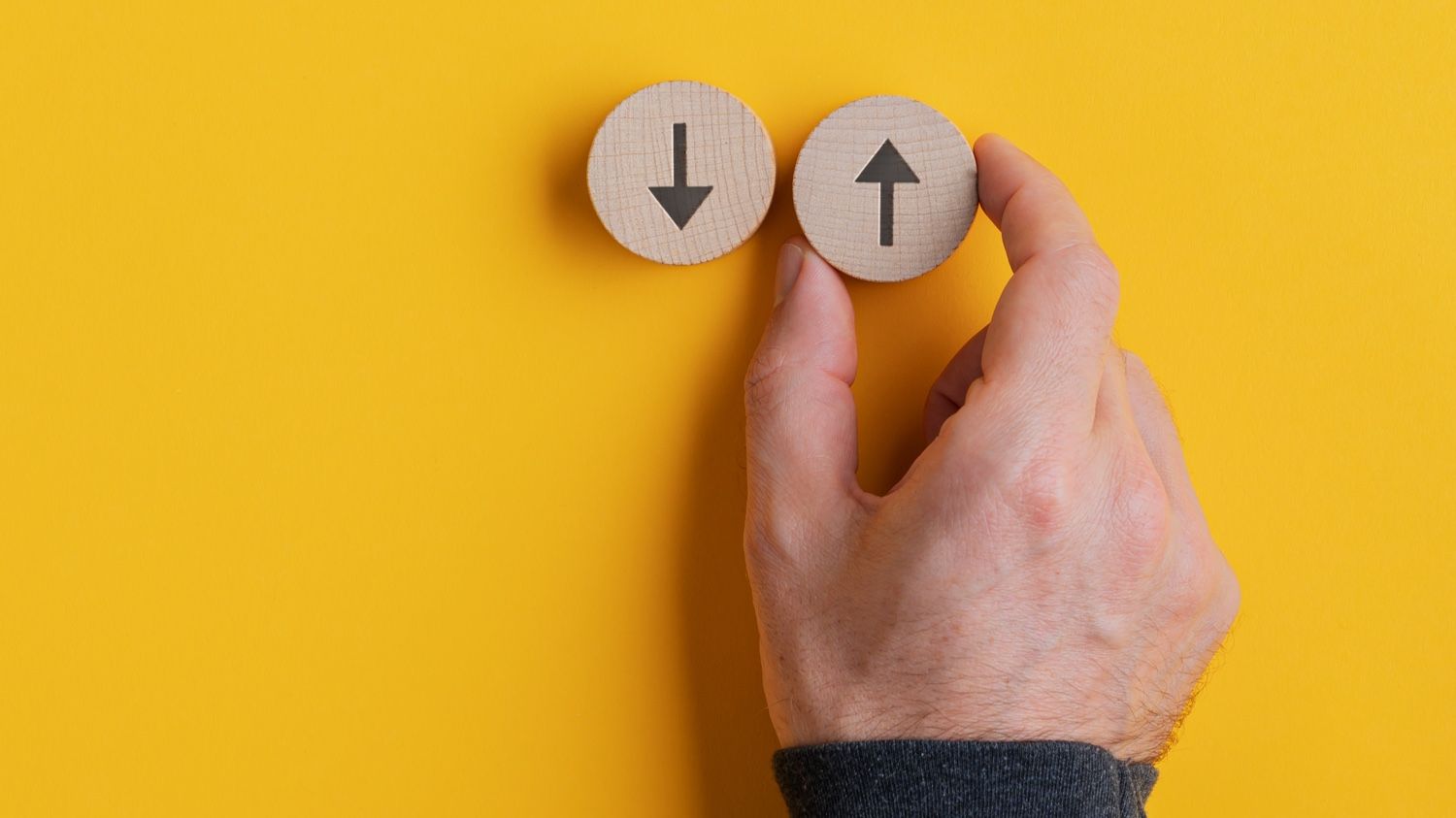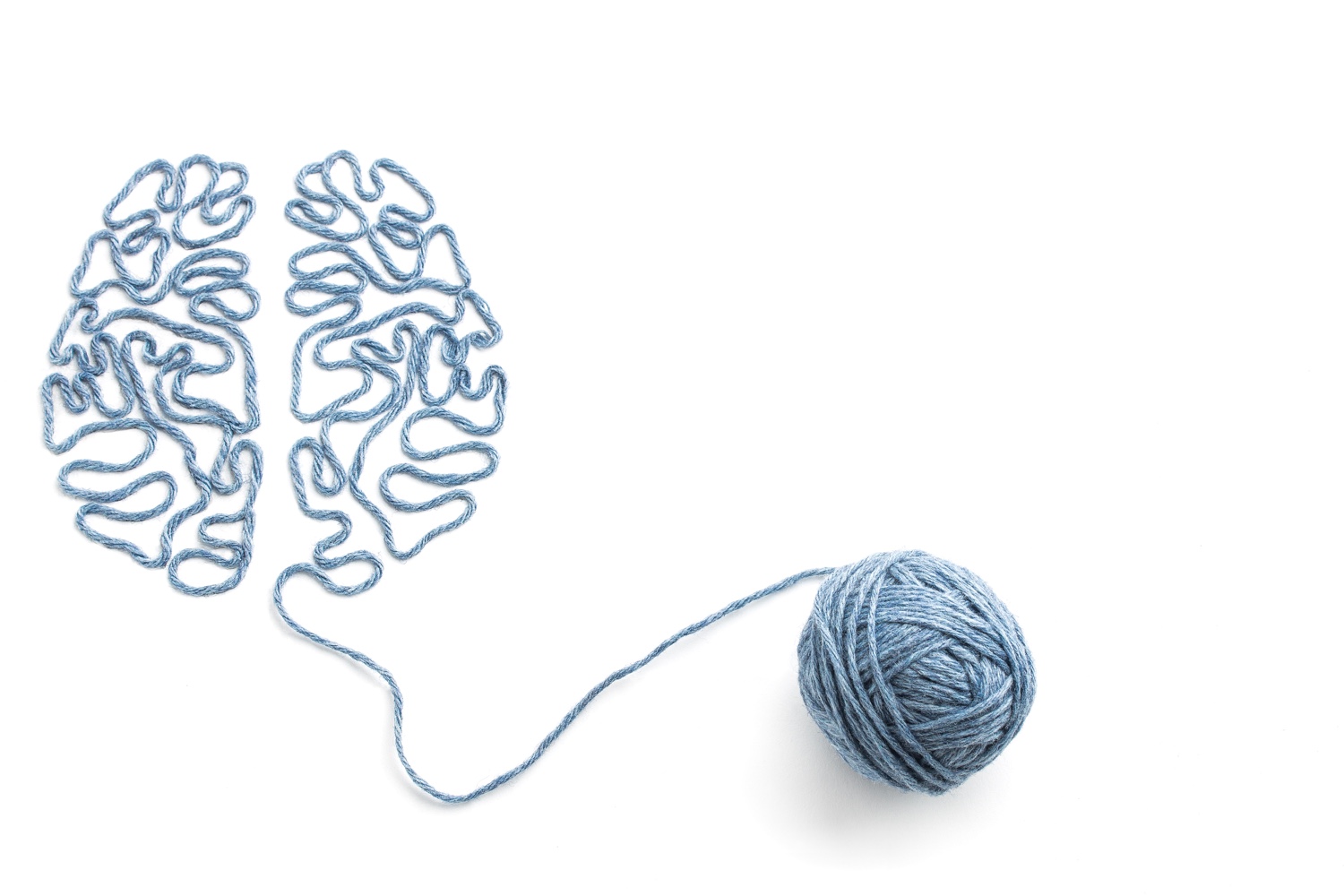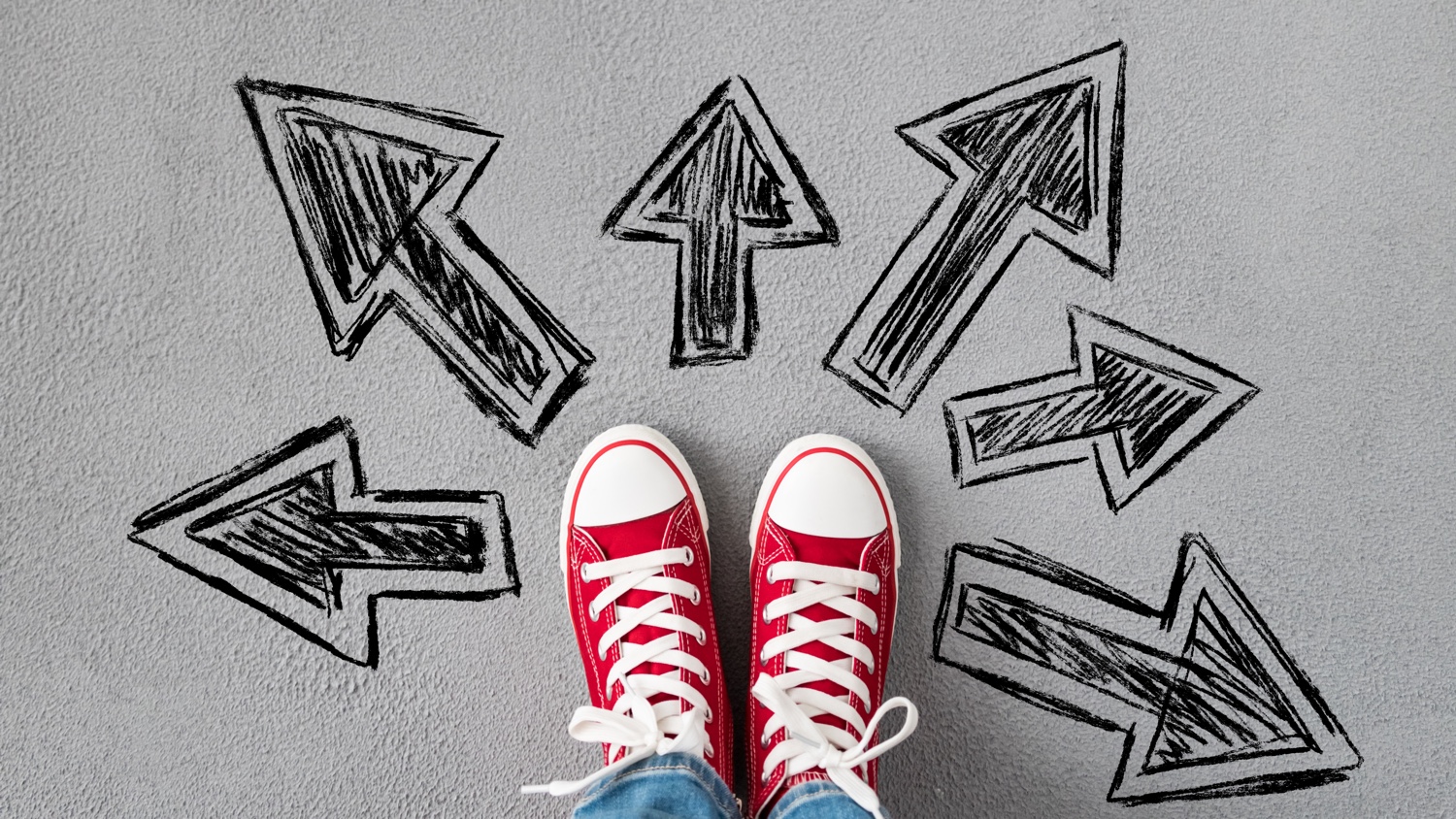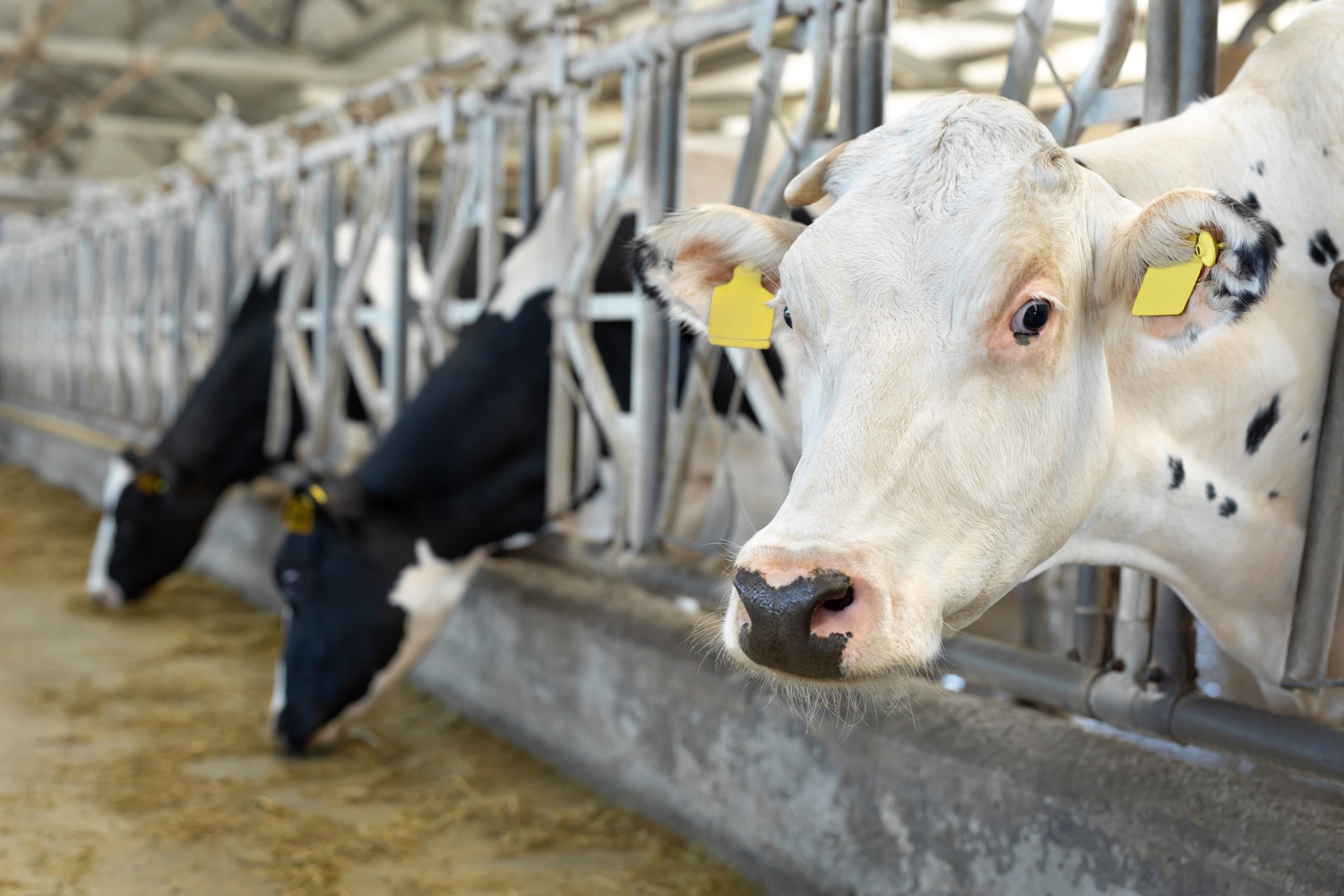
Cognitive Dissonance: Exploring the Psychological Barriers to Change and Our Relationship with Food
Jan 17, 2025
Show Notes:
Meet our online vegan cooking school My Brownble
Interview with Hungry Beautiful Animals author Matthew Halteman
Cognitive dissonance was a term created and investigated by social psychologist Leon Festinger in the 1950s when he was studying the effects that occurred when a cult he was studying was faced with an unrealized prophecy of a flood that would destroy the world. When the flood did not occur, the members of the cult were faced with a conflict between their beliefs and what had happened, and while some of the members of the cult had to come to terms and acknowledge that the cult was based on false premises, many of the cult members chose to re-interpret the situation entirely, saying it was precisely because of their faith that the flood didn’t occur and not only did they not stop following the cult, but they started to become more active in it, getting involved in behaviors like preaching to other cult members and expanding the cult's reach even more.
This is the origin of Leon Festinger’s theory, but what does it mean in the practical sense? What is cognitive dissonance and why am I sharing this concept when connecting it to our relationship with food, habit changes and veganism.
In One Sentence, What is Cognitive Dissonance?
Cognitive dissonance is an internal state of discomfort that happens when our behaviors don’t match our belief systems or attitudes towards something.
We all have different attitudes towards different aspects of life: some of us are environmentalists which means we have a positive attitude towards policies and actions that will help protect the environment. We can have a negative attitude towards smoking. A positive attitude towards recycling. We have beliefs when it comes to social issues like immigration, abortion, animal rights, human rights. An attitude is basically our favorable or unfavorable evaluation of anything we encounter: a movement, an action, a system, a political issue, a social issue, a thing, a place, a person, etc.
These are connected to our actions in very big ways, and they affect our behaviors because we seek consistency between our beliefs and actions, but our behavior can also affect our attitudes and it’s in this realm where we’ll be focusing on today.
When our behavior contradicts or is in opposition to our belief systems, there is a sense of unease, a feeling of discomfort that as human beings we want to avoid and not feel, as it gives us great psychological discomfort.

According to cognitive dissonance theory, when faced with this discomfort, human beings usually do one of two things:
- They hold on to any excuse that will help justify their behavior so they can carry on (this happens especially when we are provided a large incentive or there is a large consequence for doing something that goes against our beliefs (we can easily excuse our behavior because of it, and reduce cognitive dissonance by doing so).
Or
- They actually change their belief or attitude to eliminate the discomfort.
The theory also describes how, often, with this discomfort, people are not really trying to eliminate the dissonance but actually rationalize the dissonance. We will also choose not to expose ourselves to information that might raise our cognitive dissonance (this is often what is happening when as vegans we encounter people who say "please don’t tell me, I know I’m never going to stop eating meat, so please don’t tell me about what the animals go through in these industries", or... "I know it’s probably horrible but I don’t want to know.”).

Examples of Cognitive Dissonance and our Daily Habits
I want to use a few non-food related examples to illustrate cognitive dissonance before we get into our favorite topic which is food:
- Smoking: We know it has very serious consequences to our health, yet a smoker continues to do so because it’s become a habit or it makes them feel good). Some smokers will deal with the discomfort that disharmony or dissonance gives them until finally it helps them make the decision to quit (aka they decide to change the behavior), but it’s possible that while they where in that process, they excused the continuation of that behavior by maybe saying “I’m too stressed now to give it up, I will try to do so later”, or “it’s very hard to quit and I don’t feel ready right now with everything I’ve got going on”. Other smokers though, will continue smoking, and in order to reduce that cognitive dissonance they'll change their attitude towards smoking by perhaps saying that the research is unfounded, that it’s inconclusive, aka they’ll change the attitude or belief instead of the behavior.
or...
- Recycling: We know that recycling is important, we have an attitude of wanting to reduce waste and help protect the environment. If one day we are less diligent about how we recycle, we’ll feel the cognitive dissonance or that discomfort and we’ll either excuse it “I’m so busy today and I would take the extra steps if I weren’t so busy”, or we might through time decide “only a small percentage of what we put in the recycling bin might even be recycled so why even bother”, and of course, some of us might take the discomfort as a little internal signal to realign, retrace our steps and do what we need to do, meaning reengage in the behavior that is aligned with our attitude or belief (in this case, we are actually withstanding a bit of the discomfort and take the steps to rectify it to reduce it by acting in accordance to our values).
Examples of Cognitive Dissonance Related to Going Vegan and Our Consumption of Animal Products:
- We know that animal agriculture is extremely damaging to the environment but continue to purchase these products.
- We love and protect some animals (our dogs, cats, bunnies, pets and admire and respect wildlife), but we turn away from the exploitation of domesticated animals for food.
- We are horrified by the consumption of dogs in other cultures and the horrible treatment of them, yet we continue to eat other animals.
- We are horrified by what we’ve heard or seen regarding factory farms, but we continue to eat animals that have been raised in them (for example, choosing different alternatives when purchasing food for our homes, but ignoring the issue when eating out at restaurants).
- Being against animal testing but continuing to purchase products tested on animals.
We also experience it as vegans within our social circles:
- Having kindness as the main value behind your decision to go vegan but lacking kindness when talking to non-vegan friends or family, or when talking to former vegans.
- I even feel after accompanying so many students at Brownble through their journeys that cognitive dissonance plays a large role in the dynamics of our relationships with non vegans when even after prolonged periods of time with someone who doesn’t understand our choices, choosing to go back to eating animals ourselves is a way to reduce cognitive dissonance and keep the peace in the relationship. Rather than deal with navigating the discomfort of holding these two things at once, people choose to eliminate the discomfort, sometimes even becoming opposed to veganism and very public and vocal about leaving this lifestyle behind.
Non-vegans also experience it when in relationship with vegans in their lives
- As vegans we've all been at the receiving end of comments, jokes, and even rejection from loved ones who haven't made this change, and cognitive dissonance is a part of this dynamic too. Just like they'd rather not expose themselves to the reasons behind making more vegan choices when it comes to animals, sometimes they reject vegans and the concept of veganism altogether.
.
Examples of cognitive dissonance related to our relationship with food and body image:
- Understanding that a balanced diet includes all necessary food groups and is more than that one individual choice, but still continuing to severely restrict certain foods or food groups without a medical necessity.
- Being kind to friends, children and other loved ones when it comes to how they view their bodies and any self perceived "imperfections", but holding ourselves to a different standard and berating ourselves over our appearance rather than make changes stem and start from a place of respect.
- Understanding that exercise is health promoting but not incorporating some form of movement you enjoy into your day if this is possible for you.
- Understanding that exercise needs to be balanced and shouldn’t become obsessive, but pushing ourselves to the limit.
- Knowing that exercise has so many benefits to our mental health and that one way to incorporate it in a healthy way is to unlink it from weight outcomes, and still our only motivation to exercise is changing our body size.
If any of these discrepancies between our values, belief systems and attitudes and our behavior causes internal unease, we are experiencing cognitive dissonance.
Still, it's not about perfection: We all experience cognitive dissonance
We all experience cognitive dissonance, even vegans while they’re on this journey, even animal rights activists, even someone with a very balanced and healthy relationship with food, even someone who is going through the process of recovery.
It is part of being imperfect humans, and living in an imperfect world.
So first, a huge dose of compassion for you if you find yourself in this space often. You are not alone, it is part of our condition as human beings. Cognitive dissonance is so much at the root of our eternal dance between “perfection” and “imperfection”, and when it comes to certain issues, some of us might not even want to learn or see (this often happens when it comes to the issues behind animal exploitation or human exploitation), because we know that knowledge will create discomfort if we don’t act on this new information, and we don't act on this new information because we don't think we'll be able to do it perfectly, and we'll experience cognitive dissonance yet again.
This has happened to all of us. This was certainly the case for me.
This is also why I’m here. We created this space to help you when making more vegan choices or going vegan, no matter where you want to take this journey and that decision is all yours.
We might want to find those excuses to hold on to, we’re going to want to reduce that discomfort by changing our beliefs along the way when it gets hard, but we can still carry forward when we understand this very basic aspect of the human condition.
The first step is understanding cognitive dissonance. Giving a name to that feeling we get of not acting according to our beliefs. Understanding that it’s a normal part of the process and that there are those two almost automatic paths that we will want to take (finding an excuse for why we didn't act a certain way, ignoring or not wanting to see information that will contradict our beliefs and also changing those beliefs when the road gets even steeper, but we need to start understanding it, and practice sitting with it for a bit. Sit with the discomfort, learn from it and make a different decision even when we have to deal with an imperfect choice.
So many of the difficulties vegans experience have nothing to do with the food, or with the practicalities of going vegan, but with their sense of belonging and the social dynamics when we're suddenly faced with making a different choice that some people won't understand. Knowing that cognitive dissonance is behind part of this dynamic for the other person will also give you a broader understanding. It will allow you to not take things personally, and continue on your path.
Some Practical and Actionable Tips
I want to leave you with some actionable ways to start navigating this bumpy terrain:
- Educating ourselves:
One of the ways we can reduce cognitive dissonance is by adding new beliefs into the roster:
- Learning more about the issue you’re dealing with. Learning more, not less about animal agriculture and these industries and our consumption habits.
- Learning more and not less about how our consumption habits impact our fellow human beings and food systems.
- Learning more about what can impact our relationship with food and how to navigate changes in a sustainable way.
- Learning more about signs of disordered eating and very restrictive eating.
- Taking it slowly but surely:
- Gradual changes will often help us more than going all in, all at once. Understand that you are on this journey and that throughout the process there will be moments in which you made an imperfect choice. We use these moments as our biggest teachers and we move on, understanding that if we felt that twang of discomfort, we know the mechanism behind it now, and we can feel the discomfort but shake it off and move forward. If it's human and it happens to all of us, we can feel it and still continue.
- Accountability and support
- Holding yourself accountable is an important part of the puzzle (and it certainly was for me), and combining that with kind support from others will give you a sturdy base because the journey will likely be a winding road. Having someone to both understand what you’re trying to achieve and bring you encouragement will be huge.
- Mindfulness and self reflection
- It’s why I already stated that one of the most important things we can do is understand cognitive dissonance. Name it, recognize it when it happens. Mindfulness or that act of paying kind attention to your thought patterns, your feelings, will help you be mindful in your actions in return. Self reflection and developing this skill goes hand in hand with that.
- Celebrating wins and understanding losses
- How often are we focused on what we didn’t do right and ignore the perhaps countless positive steps we also took. Give yourself kind attention in the wins no matter how small, to start shifting this bias towards looking only at the mistakes made.
- Understand that any habit change is a process
- Asking perfection of yourself in these areas is the same as asking a parent who wants to educate their child in a kind, respectful and positive way to never lose their patience, or like asking that smoker to never try again if they failed to quit once. Change will take time and patience and self compassion will help you navigate whatever happens along the way. In a recent interview with philosophy and ethics professor and aithor of the incredible book Hungry Beautiful Animals, Matthew Halteman give me such a fantastic way to see how much pressure we put on ourselves when making the choice to be vegan, when he gave examples of how in no other ethical, religious, or moral identity, or stance, do we let go of everything just because of the discomfort of not doing it perfectly. We don't stop striving to be a good parent because of one moment of yelling. We don't consider ourselves ex-Buddhists, or ex-Christians because we had a moment of straying from its tenants, or missing a practice. We feel the gut punch, we do some serious wound licking, and we continue to push forward and see how we can do better next time. We are all, in Matt's words "aspiring vegans" and constantly in the process of "going vegan". That journey will be filled with imperfect moments and cognitive dissonance and we can be prepared, and carry on.
Understanding the psychology behind some of our behaviors and impulses is always helpful when trying to change ingrained habits, and even when we feel those icky feelings of cognitive dissonance, when we understand this mechanism of our human minds, we can pause, we can learn, and we can kindly help ourselves move forward in spite of the discomfort.
We can also have compassion for others in our lives who haven't jumped on this particular band wagon with us, or who might need to label us vegans as "extreme" or "unreasonable", "too picky", or "no fun". The labels are also a product of the cognitive dissonance others might feel, because by doing so the gap between where we are and what we don't want to see gets wider, and the discomfort gets diluted until it's not in the rearview mirror anymore. It isn't your dad, or your partner, or your friend being mean or insensitive, it's them being human. This entire process in my experience, is a practice of staying in your lane, no matter what anyone else is doing in theirs, but with the understanding of what makes our human brains and our emotions do what they naturally feel comfortable doing, and with the knowledge that we can shift patterns in remarkable ways, just by sitting with it, as a Buddhist would say.
🧑🍳
You might also like...
Our Online Cooking School and Courses
Don't miss our weekly goodies!
Our best FREE content straight to your inbox





